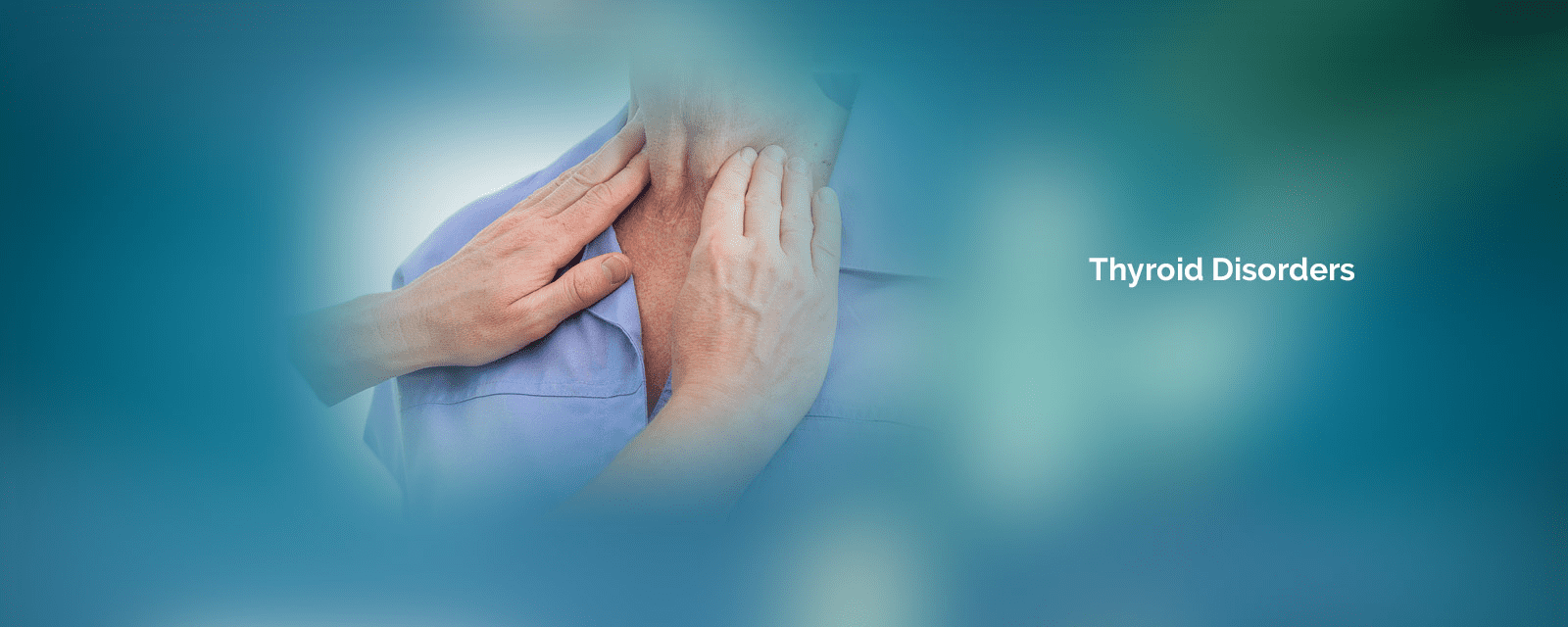Any condition that affects the thyroid gland’s ability to function properly is termed a thyroid disorder. The thyroid gland is an endocrine gland that controls the body’s metabolism, the rate of many functions in your body, including the rate of heartbeat and how fast the body burns calories. It does that by producing hormones. Women are more susceptible to thyroid disease than men. Thyroid disorders are many, but the most common ones include:
- Goitre
- Hyperthyroidism
- Hypothyroidism
- Thyroid Cancer
- Thyroiditis
- Thyroid nodules



 Call us at
Call us at